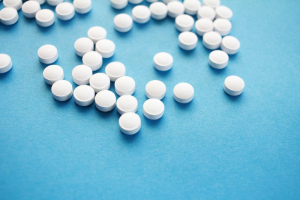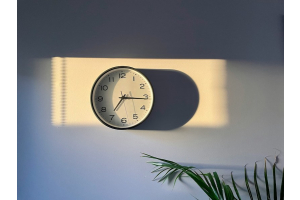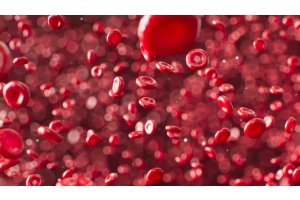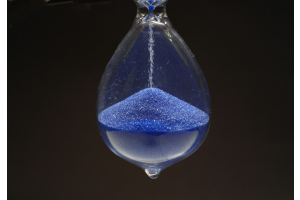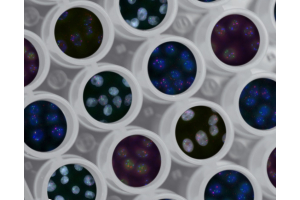What is ‘cold chain’ delivery?
Last updated: 01 November 2019
You can legally access new medicines, even if they are not approved in your country.
Learn more »
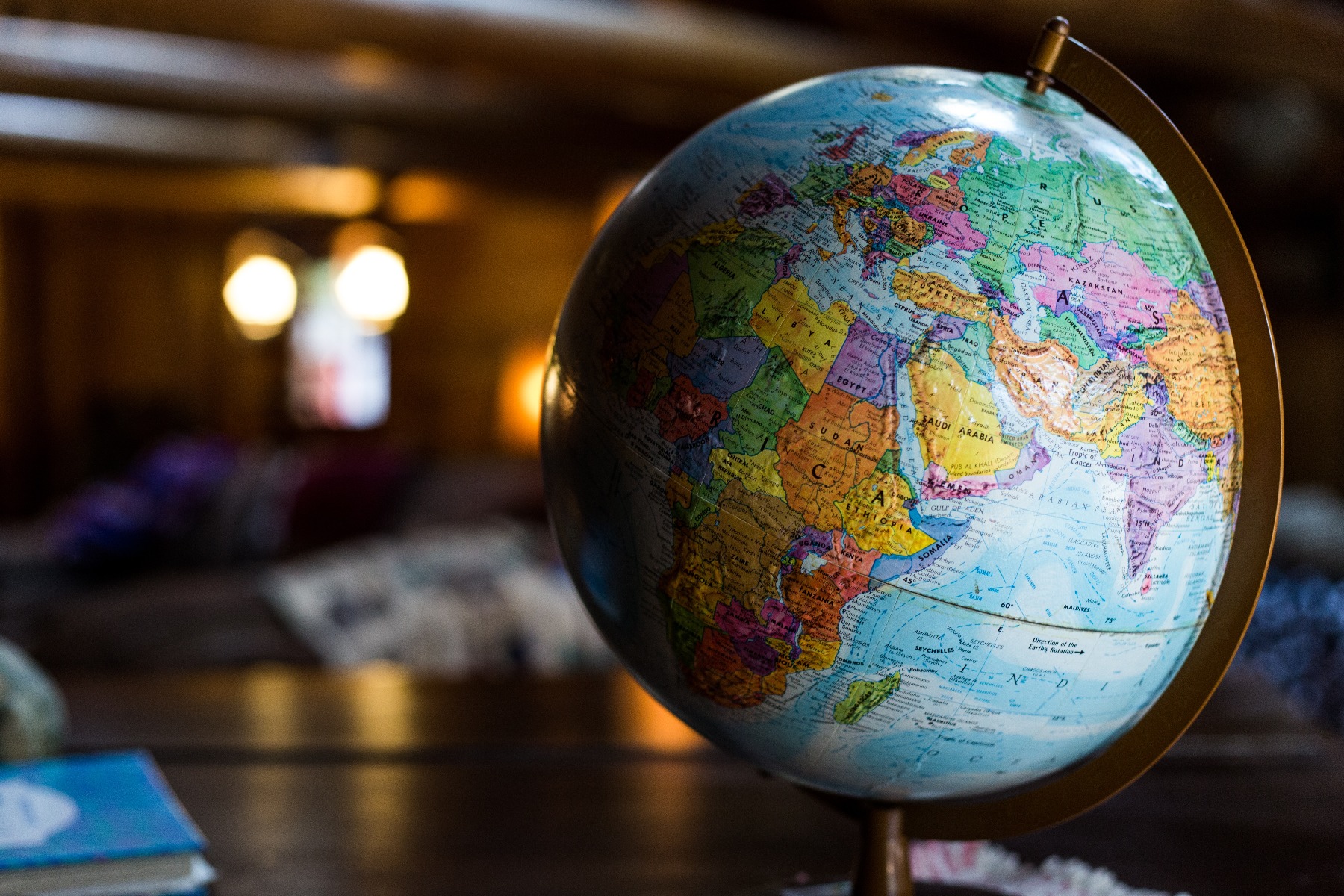
Every medicine delivered by our team is precious and treated with care to ensure safe delivery. One of our team’s responsibilities is to plan and manage the delivery of ‘cold chain’ medicines. So what is cold chain medicine and how do we deliver it?
What does it mean if a package needs ‘cold chain’ delivery?
The ingredients in some medicines can be susceptible to damage from heat, light and handling. Often, they have to be kept within a specific temperature range: mostly two to eight degrees celsius but occasionally below zero. Medicines included in this group are vaccines, chemotherapies and medicines that are stored in vials (amongst others).
With the growth and advancement of biopharmaceuticals, its likely that an increasing number of medicines will require cold chain delivery in the future.
Cold chain delivery or ‘cold chain management’ requires specialist packaging (‘cold boxes’), which can’t be compromised. An end-to-end delivery process that keeps the temperature of a package consistent is called an ‘unbroken’ cold chain. Specialised medical couriers provide unbroken cold chain delivery. This means providing the storage, packaging and vehicles to keep packages temperature controlled.
How does the team arrange cold chain deliveries?
By working only with reliable, knowledgeable courier partners and keeping strict standards, our team ensures that conditions for delivery are safe and efficient. This means constantly finding, assessing and vetting our network of courier partners in countries around the world.
In cold chain deliveries, it’s critical the medicine is packed properly and not tampered with. Our team makes certain that it is kept uncompromised from the time it leaves the manufacturer/wholesaler, to the time it reaches the patient, pharmacy or hospital. Temperature trackers within the packaging of each such delivery along the way ensure a controlled supply chain.
The progress of all cold-chain deliveries are traced 24/7, and the person who orders the medicine is given the same option to trace their delivery online.
What happens when I get my cold-chain order?
The last step in the delivery process is giving patients and their doctors or pharmacists the information they need to keep the medicines at the right temperature when they receive them. Our support team speaks 16 different languages and guides patients, friends or family members and doctors or pharmacists through the process of accepting and storing the medicine.
How should I store cold chain medicines?
When your medicine is delivered, it is critical that it’s stored at the right temperature. You have the following options for storage:
- Keep the medicine in a fridge that is only for storing the medicine. You will have to have a thermometer/temperature logger to check that the temperature is between two and eight degrees celsius (2°C - 8°C).
- A simpler and safer option is to go to your local pharmacy or hospital and ask them to store the medicines for you. Hospitals and pharmacies have controlled fridges just for medicines and it is the best way to make sure the medicine is kept safe until the time of applicatio
- Some medicines need storage at temperatures below zero, up to even -30°C or -40°C. Such medicines can only be delivered and stored at hospital pharmacies able to handle such controlled temperatures.
What does specialist (cold chain) delivery mean for access generally?
Cold chain management requires expertise and knowledge — that’s before tackling importation regulations. This is just one of the hurdles in the broader challenge to access new-to-market medicines.
As part of our mission to support patients and doctors globally, our team builds strong networks with specialised courier partners around the world. In doing this, we aim to increase the knowledge base, and make the process easier and more accessible.
To date, our team has successfully delivered medicines in over 60 countries, with excellent quality ratings from both doctors and patients. By establishing and supporting more transparent and efficient systems, no person is prevented from receiving the medicine they need.
If you need more information about ordering a cold chain medicine, speak to our support team.


